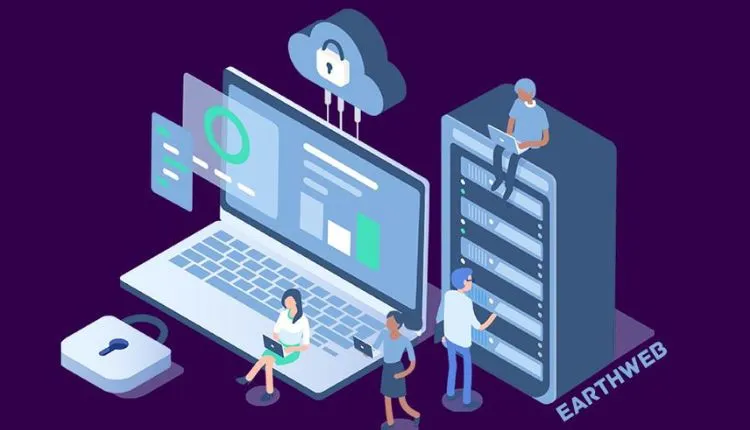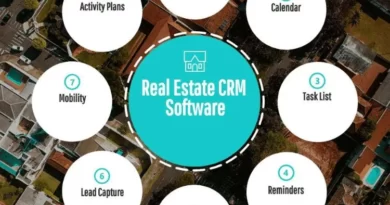How Residential Proxies Help You Stay Private & Secure Online
What is a Residential Proxy and How Does It Work?
A residential proxy is a type of secure remote access that allows users to browse the web anonymously and securely. It does this by using a residential IP address, which is assigned to a physical device at an ISP or telecom provider. This means that when you access the internet through a residential proxy, your requests will appear to originate from the same location as the device assigned to the IP address. This makes it difficult for third parties to track your online activity or block access to certain websites. Residential proxies are becoming increasingly popular as they provide an extra layer of security and privacy when browsing online, making them ideal for those who want secure online browsing and access to restricted content.
The Benefits of Using Residential Proxies for Business and Personal Use
Residential proxies are a type of proxy service that uses real IP addresses of home users. This type of proxy network is beneficial for businesses and individuals who need to access the web anonymously and securely. Residential proxies provide multiple IP addresses, which helps businesses to protect their online identities while still being able to access the internet. It also allows individuals to surf the web anonymously, bypass geo-restrictions, and protect their data from malicious actors. Additionally, residential proxies can be used to scrape data from websites without being detected or blocked by anti-scraping systems. With residential proxies, businesses and individuals can take advantage of the benefits of anonymous surfing while staying safe from cyber threats.
Understanding the Different Types of Residential Proxies Available in the Market
Residential proxies are an important tool for data harvesting, SEO research and web scraping. They are used to mask the user’s IP address and to provide access to geo-blocked websites. There are several types of residential proxies available in the market, such as data center proxy network, rotating proxies service, and shared proxied network. Each type of residential proxy has its own advantages and disadvantages that need to be taken into consideration when deciding which type is right for your needs. In this article we will discuss the different types of residential proxies available in the market and how they can be used in various use cases.
What are the Best Residential Proxy Tools & Services in the Market?
Residential IPV4 proxies are becoming increasingly popular among both businesses and individuals due to their ability to provide anonymity and access to geo-restricted content. Residential IPV4 proxies are provided by proxy networks, such as proxy-seller.com, that use residential IPs instead of data centers, which makes them more secure and reliable.
In this article, we will discuss the best residential proxy tools & services in the market. We will go over some of the features offered by these networks and how they can help you access geo-restricted content or hide your online identity. We will also discuss the different types of residential proxies available and which one is best suited for your needs.
How to Choose a Reliable Provider For Your Residential Proxies Needs
Choosing a reliable provider for your residential proxies needs can be a challenge. With so many providers out there, it can be difficult to determine which one is the best fit for your needs. To help you make an informed decision, we have compiled a comparison chart of the most popular private farmed IP addresses providers and their features. This way, you can compare them side-by-side and decide which one is the most reliable for your residential proxies needs. We will also provide some tips on how to choose a reliable provider so that you can make sure that your residential proxies are up to date and secure.



